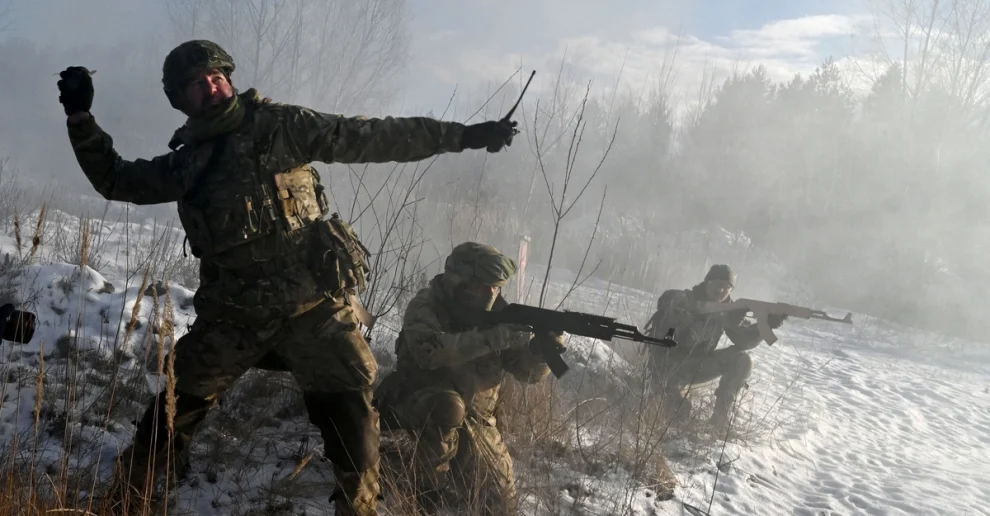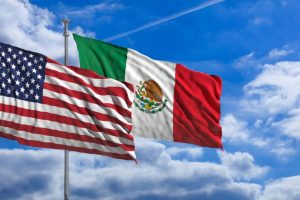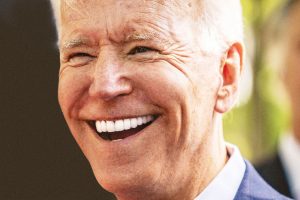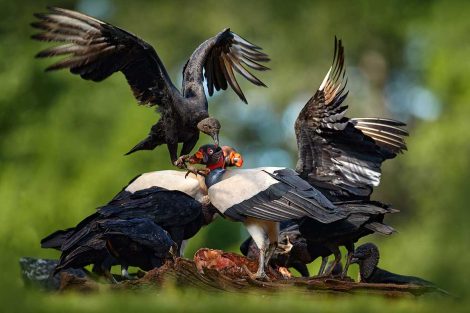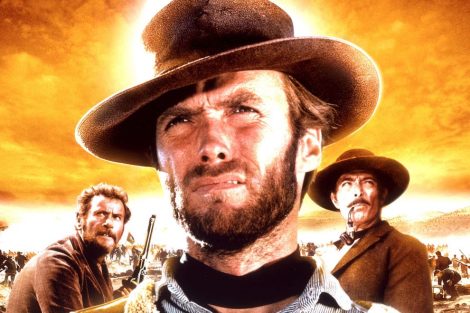Ukraine so far: business as usual, but on the brink of chaos.
After the first month, the war in Ukraine remains, albeit in a twisted way, a small part of the series of political maneuvers within the complex chessboard of the international power struggle. In this dangerous game of forces and deception, there is still the risk that, for anything and at any time, something goes wrong, and everything explodes.
Even without clear winners, so far, the main beneficiaries are: (1), China in the geostrategic field; (2) Joe Biden for his prudence, ability to build consensus with his old NATO allies, and for using nationalist rhetoric to temper political polarization within the United States. And (3), as has happened since the end of the Second World War, the large economic interests associated with the exploitation of oil and other hydrocarbons.
Installed in his renewed role as international pariah and main enemy of democracy and freedom on the planet, Vladimir Putin continues to be the main protagonist of a story yet to be defined. I explain:
Ordering an armed invasion that has cost the lives of about 15,000 of its own troops and has not (yet) been able to take control of the territory of a militarily much smaller country, will hardly have positive consequences in a Russia whose oligarchic elite today globally stinks.
Although in the immediate term the war will allow him to strengthen his autocratic leadership and even forge alliances with a handful of authoritarian regimes around the world, a possible outcome of the current crisis in Ukraine could be to devalue the Russian empire to the condition of a third world tyranny. A kind of North Korea, but with atomic missiles that do work.
Undoubtedly, as always, the main loser in this conflict is the Ukrainian civilian population. Not only for the thousands who have died, but for the millions who have had to leave the country. And, by extension, the war also generates enormous costs for Poland, Romania and the other neighboring countries that have received a huge flood of refugees overnight.
Without needing to quote General Carl Von Clausewitz –“war is the continuation of politics by other means”–, it is more or less evident that Mr. Putin’s commitment to war is today the main danger we face as humanity. Despite the signs of a possible agreement –Ukraine would renounce joining NATO if Russian troops respect its territory-, once Pandora’s box is open, the almost natural tendency in these situations is that of radicalization. Which in this case would imply the use of nuclear and/or biochemical weapons.
Precisely because the Russian military offensive seems to have failed and because of the relative success of the international marginalization of “Putin’s friends”, the danger that everything explodes is, if possible, even greater.
It should come as no surprise that the world has spent several years recreating the conditions of resentment, disenchantment, and social frustration that almost a century ago were the breeding ground for major global conflicts sparked by the appetites of old and new powers, as well as Nazi and fascist outbreaks in several countries. And yet, the new war comes to shake us all.
Very frequently explained as a kind of rearrangement of the great tectonic plates of the planet’s surface, war implies great movements in the demographic, economic and, why not, emotional composition of very broad segments of the populations of various countries.
In this case, with the war in Ukraine, China would guarantee the supply of cheap energy that Russia would stop selling to Europe and very likely, greater control over its “natural zone of influence” (the same imperialist principle used by Putin) . By the way, Xi Jinpin would have a new excuse to consolidate his political leadership to levels not seen since the times of Comrade Mao Zedong.
In the other great pole of world power, the United States, where a scenario of war polarization also seems like a good opportunity to strengthen the leadership of the Democratic president, especially in contrast to his predecessor, a very clear admirer of Putin and his gang of oligarchs.
From a human perspective, and even common sense, the risks of a war like the current one is much greater than the hypothetical benefits those strategic adjustments in the global balance of power could bring. Unfortunately, throughout the history of our species, arguments of this type have had a marginal weight in making fundamental decisions, since the egos of their “leaders” and the interests of small cliques tend to prevail.

